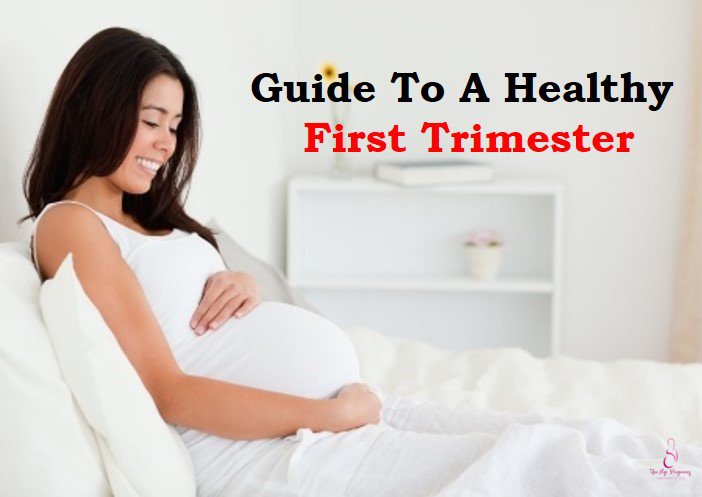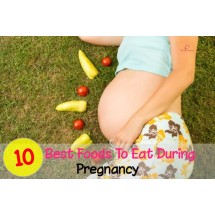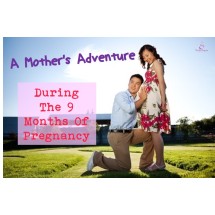
Finding out that you are pregnant is both exciting and scary – with a baby growing inside you, is there anything you shouldn’t be doing? Can you still play sports, have sex, eat anything and are there certain things you should be doing? Here’s a guide to a healthy first trimester with all the dos and don’ts you need to know!
Dos in the First Trimester
Medical
You need to find a gynecologist to care for you throughout your pregnancy, in particular, there are scheduled tests to take during different stages of pregnancy. If you like to have your gynecologist deliver your baby as well, you may want to start asking around for one who has a clinic in the hospital you intend to deliver. Other considerations are cost and the personality of the gynecologist!
Also consider making reservations for prenatal classes – they can help equip you with how to care for yourself and your baby from pregnancy to after delivery.
Nutrition
Eating Enough
You do need to be careful of your diet – eating extra is something you have to do from the second trimester as the energy consumption of having a baby is higher. In the first trimester, there is no need for added calorie intake but instead focus on eating the right foods to keep your energy up throughout the day.
Eating from the Right Food Groups
Despite all the various research in this area, the current consensus is still to have a balanced diet. There is no supporting evidence on avoiding certain food allergens in order to reduce the likelihood that your baby will be allergic to it. Eat foods that are of quality and  that keep your energy up such as whole wheat, fruits and lean protein. Fish or fish oil that is rich in omega-3 can help with your baby’s neurological and visual development. Omega-3 has also been studied to reduce the likelihood of postpartum depression.
that keep your energy up such as whole wheat, fruits and lean protein. Fish or fish oil that is rich in omega-3 can help with your baby’s neurological and visual development. Omega-3 has also been studied to reduce the likelihood of postpartum depression.
Getting Supplements
Your gynecologist will likely prescribe folic acid supplement because that is important in the first trimester when your baby develops his spine and nerve cells. Check with your doctor on other supplements such as vitamin D, multivitamin or calcium and iron supplement.
Eating Smaller but More Frequent Meals
During the first trimester, you may feel nauseous and it is often recommended to eat smaller but more frequent meals. It is also helpful in maintaining your energy up throughout the day.
Drink more Water
With increased blood volume required during pregnancy to transport the oxygen and nutrients to your baby, be sure to increase your fluid intake.
Overall Health
Weight Gain
 We don’t all have to look like celebrity mothers who maintain their trim figure after pregnancy. However, excessive weight gain during pregnancy stays on your body even after birth and put your own body at risk. The weight gain in the first trimester should be around 0.5 to 2kg.
We don’t all have to look like celebrity mothers who maintain their trim figure after pregnancy. However, excessive weight gain during pregnancy stays on your body even after birth and put your own body at risk. The weight gain in the first trimester should be around 0.5 to 2kg.
Exercise
Be sure to include gentle exercise such as walking, yoga and swimming that are relaxing and stretching also helps with flexibility. You can start doing pelvic floor exercise too but avoid rough contact sports.
Sleep
There are so many changes going on in your body and it is quite common to find yourself tired and feeling burned out. Ask for help to do chores or grocery shopping and head for a nap yourself.
The first trimester is likely the time when you find yourself searching for answers to deal with your changing body; apply healthy living principles and enjoy your pregnancy.
Continue: Guide To A Healthy First Trimester: What Not To Do
By Mei






